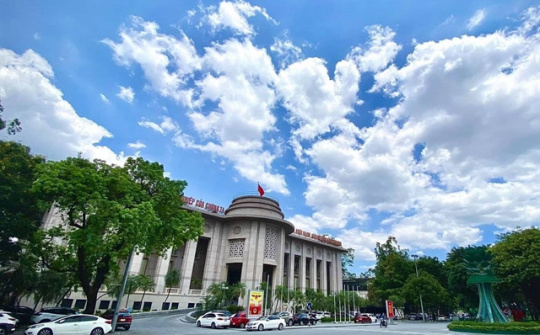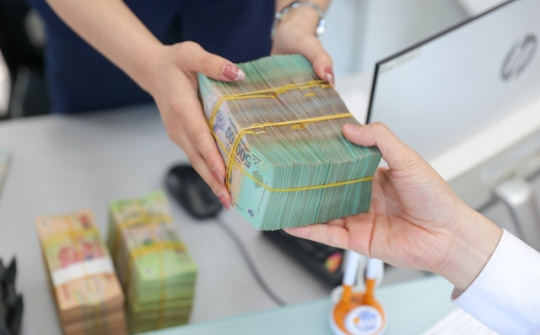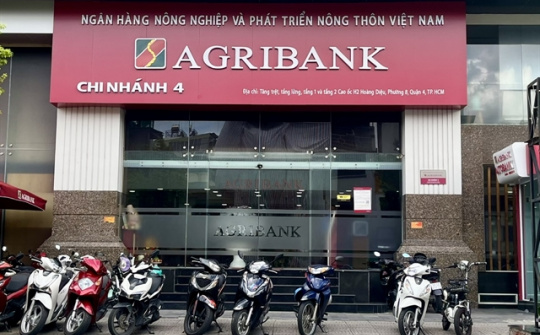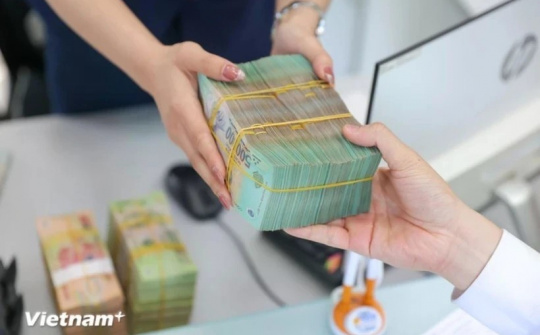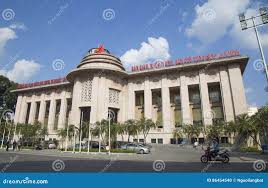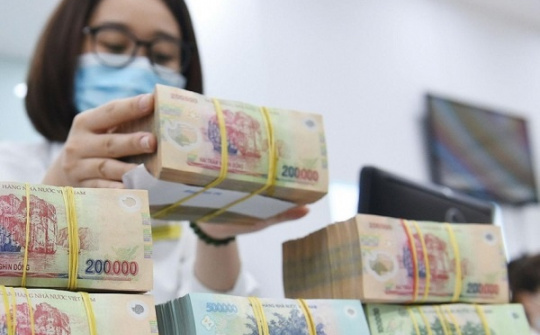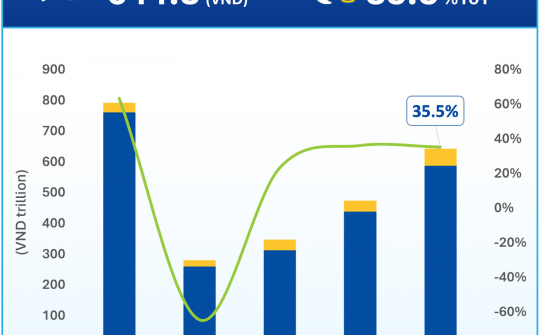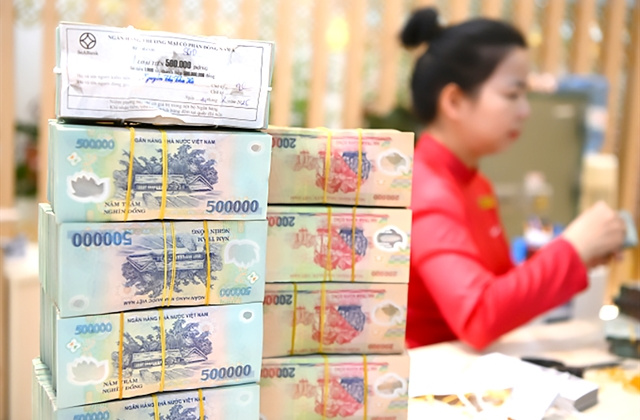In his opening remarks at the Press Conference, Deputy Governor Dao Minh Tu said that in the nine months and in the third quarter of 2024, the world and domestic economies experienced both advantages and difficulties. In the domestic economy, despite many difficulties and challenges, especially the damage and losses caused by Typhoon Yagi, the SBV had proactively conducted synchronous measures to enable businesses and people to access bank credit resources in order to restore their production and business activities, contributing to promoting the economic growth in association with maintaining the macro-economic stability, controlling the inflation, and ensuring a prudent banking sector.
Regarding interest rate management, the SBV had continued to maintain the key interest rates to allow the credit institutions to access financial resources from the SBV at low costs, contributing to supporting the economy; direct the credit institutions to cut down on their costs in order to reduce the lending interest rates, which had continued on a downward trend as compared to the end of 2023.
The exchange rate had continued to be managed flexibly and appropriately in association with the monetary policy tools, contributing to absorbing the external shocks. Thanks to that, the forex market had remained stable, the demands for foreign currencies had been fully met; the exchange rate had moved flexibly in both directions of rising/decreasing in accordance with the market conditions.
Regarding the credit management, according to the SBV Deputy Governor, various solutions, policies and credit programs had been implemented consistently and strongly, ensuring sufficient capital supply to the economy in order to promote the economic growth. Up to now, the credit outstanding of the entire banking system has increased by about 9% as compared to the end of 2023.
In addition, the SBV had continued to direct the credit institutions to accelerate the implementation of the credit programs, such as the credit program worth VND 120,000 billion on lending to projects on social housing, workers’ housing, renovation and reconstruction of old apartment buildings; the credit program on supporting the forestry and fisheries sectors; the measures of supporting the banks’ customers affected by Typhoon Yagi, etc.
Regarding the credit for the rice sector, the banking sector had been one of the Government agencies that were tasked to develop a preferential credit policy for the project on 1 million hectares of high-quality, low-emission rice in the Mekong Delta. According to the SBV Deputy Governor, the SBV had completed the development of the preferential policy for this project, and would soon provide guidance to the commercial banks for implementation.

Deputy Governor Dao Minh Tu answered the reporters' questions at the Press Conference
Regarding the management of the gold trading activities, the SBV had conducted synchronous measures in close coordination with the relevant Ministries and agencies. Up to now, the initial goal of narrowing and controlling the gap between the selling price of the SJC-branded gold bullions and the international gold price at an appropriate level has been achieved.
The safety of the system of credit institutions had continued to be maintained; the legitimate rights of depositors had been guaranteed. Non-performing loans (NPLs) had been controlled and resolved in spite of many difficulties in the economy, the production and business activities, affecting the debt service of businesses.
The legal frameworks, the mechanisms and policies for cashless payment and digital banking activities had continued to be amended and improved; the communication and financial education aimed at improving the public knowledge and skills in accessing and using online banking services had been promoted. Thanks to those efforts, cashless payment and the digital transformation in the banking sector had continued to achieve positive results.
The legal documents on the monetary and banking operations had continued to be improved, ensuring safe and sound banking operations while still following closely the practical situations, promptly meeting the international standards and practices.
At the Press Conference, the SBV Deputy Governor and the representatives of several SBV Departments answered the reporters’ questions about the monetary policy management and the banking operations in the coming time.
Regarding the orientations in the coming time, Deputy Governor Dao Minh Tu said that the SBV would continue to manage the interest rates in accordance with the market developments and the macro-economic and the inflation situations, as well as the monetary policy targets; manage the exchange rate in a flexible and appropriate manner in association with the monetary policy tools to maintain the stability in the forex market, contributing to controlling the inflation and maintaining the macro-economic stability.
The SBV would also continue directing the credit institutions to extend their credit in a safe and healthy manner, focusing their credit resources on production and business activities, the priority areas and the growth drivers in line with the Government’s and the Prime Minister’s directions; continue to strictly control credit for potentially risky areas; review and simplify the administrative procedures in order to enable businesses and people to access bank credit resources; extend credit resources for production and business, as well as for the daily life and consumption, helping to restrict “black” credit.
Beside that, the SBV would also continue monitoring and requesting the credit institutions to implement strongly the credit policies and programs; effectively implement the Scheme of Restructuring the system of credit institutions in association with NPL resolution for the 2021-2025 period; focus on implementing the Decrees, Circulars, Plans and Schemes; ensure the safety and security in the banking operations; promote the communication and financial education in order to improve the people’s knowledge, skills in using financial and banking products and services.
The SBV Deputy Governor also shared that the SBV would continue to provide capital resources and ensure the liquidity for the commercial banks; the banks’ credit would continue to be focused on the key projects, BOT projects, the credit programs and policies, etc.


